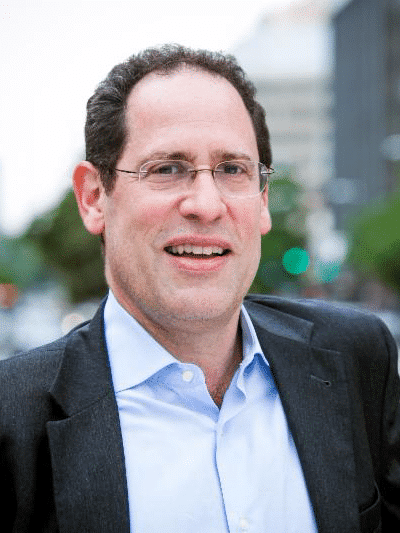Katz: D.M., other cities must fend for themselves

PERRY BEEMAN May 1, 2015 | 8:06 pm
3 min read time
670 wordsAll Latest News, Business Record Insider, Economic DevelopmentBruce Katz, vice president and director of the Brookings Institution’s Metropolitan Policy Program, will make his first trip to Des Moines on Tuesday. He’ll spend about 24 hours touring the city, meeting with leaders, speaking at a Tuesday breakfast session and signing the book he co-authored, “The Metropolitan Revolution.”

We spoke to Katz by phone Friday to pick his brain before he gets his first view of the Western Gateway, East Village and other hot spots.The former Obama administration housing official is a graduate of Yale Law School and is a visiting professor at the London School of Economics, so he knows his stuff.
Katz said his central message for Des Moines and other small and medium-sized cities is this: You are on your own. The federal government is not the partner in development it once was. “The federal government is essentially becoming a health care company with an army,” Katz said.
This presents a challenge for Greater Des Moines and other metro areas, Katz said. “What we are seeing is that cities are becoming more and more responsible in investing in children, in place-making and infrastructure. Some folks expect the cavalry to come. It isn’t. We can’t wait for that.”
“In a global economy in a hyperactive economy when the federal government isn’t being a reliable partner, how does Des Moines create a distinctive brand for itself?” Katz asked. “What makes you special so when the rest of the country and world hear your name, they get a sense of who you are? Do you have a strong, innovative economy? Do you have skilled, educated workers? Do you have the infrastructure, not just the roads but Internet access, etc.?”
“The challenge for small and medium-sized metro areas is to hone your advantages to the point they are known,” Katz said. “I like to quote Dolly Parton, who said, ‘Figure out who you are, then do it on purpose.”
Though Katz will have a much better handle on Des Moines after his visit, he already is a student of the city. Also, his colleagues have been here helping with the regional export plan.
Katz knows enough to applaud some of Des Moines’ strong points. Perhaps most critically, he has discovered that 37.5 percent of the jobs in the metro area are downtown or within three miles of it. That is important for synergies, innovation, and encouraging improvements, Katz said. The average U.S. metro area has 23 percent of its jobs within three miles of the core.
Of Des Moines’ 37.5 percent, Katz said: “That is a very, very good sign. When you have employment density, it has synergic effect on the economy.
“You are seeing some of that,” Katz continued. “There are a lot of efforts under way on tech growth and incubators. There is entrepreneurial activity. You have to have a strong core to do that.”
Katz said Des Moines is a good example of the American cities that have rediscovered their downtowns.
“You are seeing a revaluing of the cities and the city cores, both by people and by companies,” Katz said. “When you start with a strong core, you are that much more able to expand your opportunities.”
In Des Moines’ case, that means the laudable work to bring bus rapid transit, the smart planning efforts such as the Tomorrow Plan, and the focus on biotech that comes with the Cultivation Corridor initiative and the Capital Crossroad’s visioning work, Katz said.
“I am coming in with the sense that you have the wind at your back,” Katz said of Greater Des Moines. “You have business working with government, and philanthropy and higher education.”
See Katz in person: Katz’s breakfast event is at 7:30 a.m. Tuesday at Windsor Heights Community Center, 6900 School St., Windsor Heights. Tickets include breakfast.
His appearance has been arranged by the Des Moines Area Metropolitan Planning Organization, Christensen Development, Knapp Properties Inc., Business Record and the Greater Des Moines Partnership. Read more









